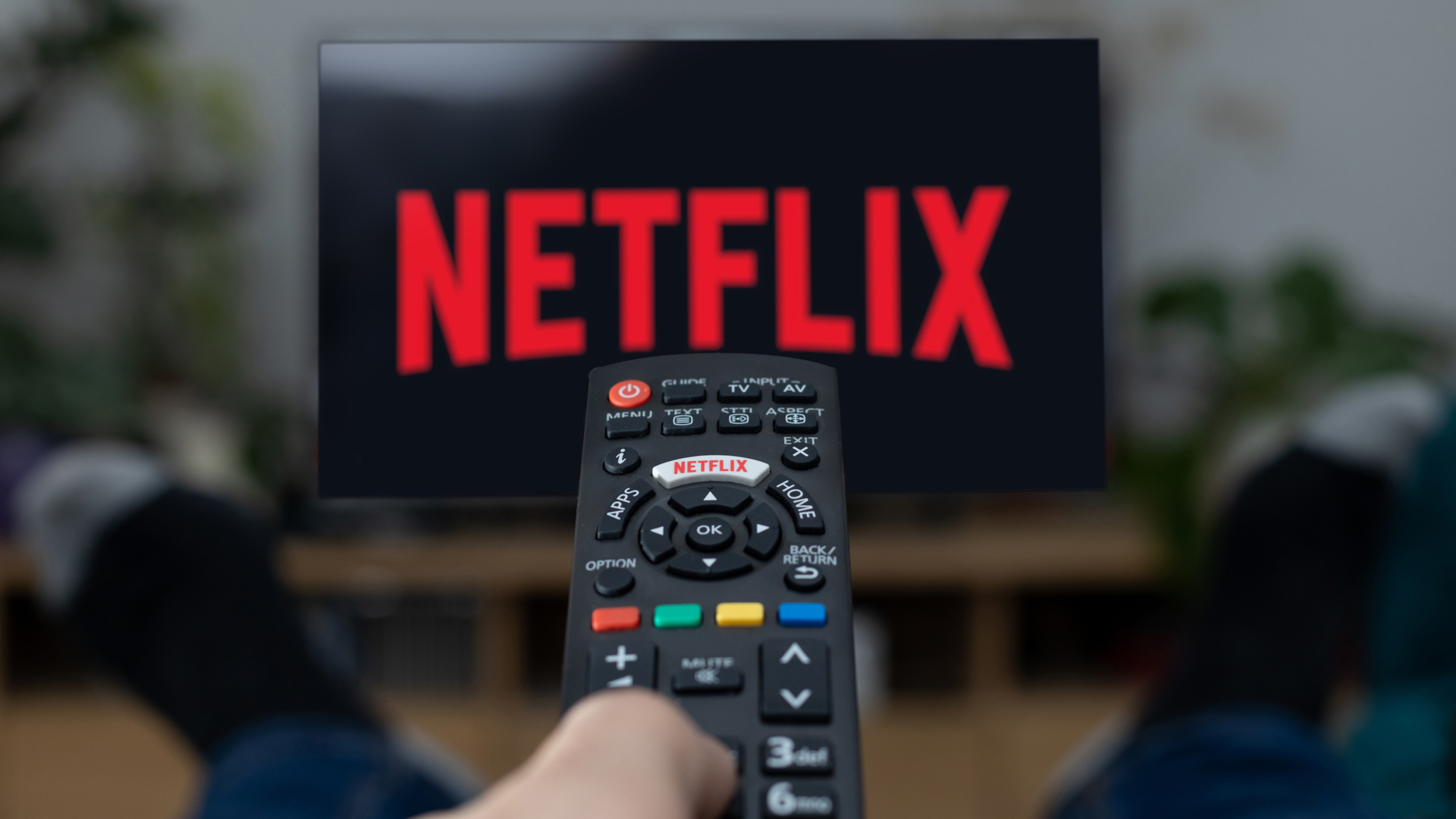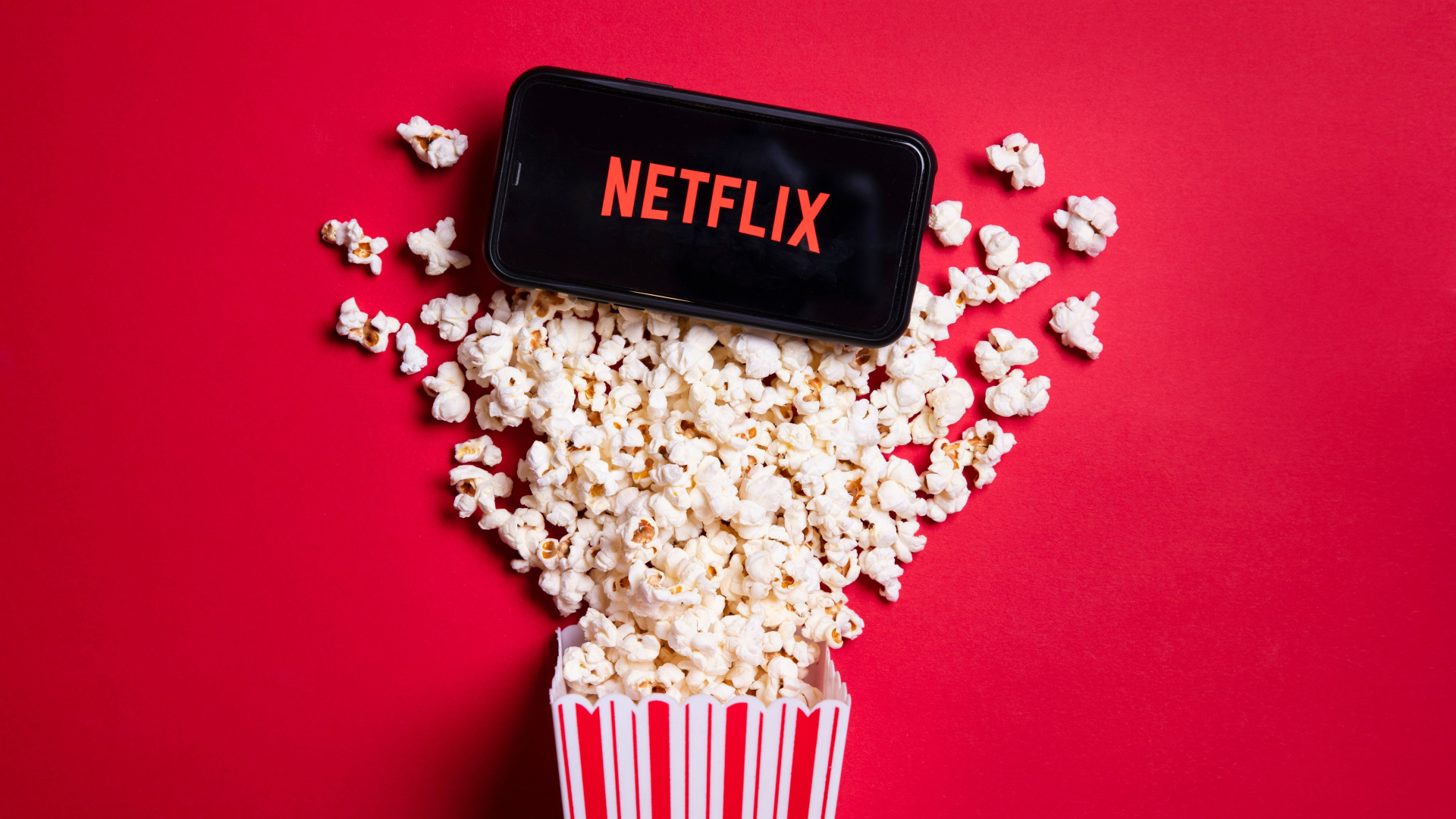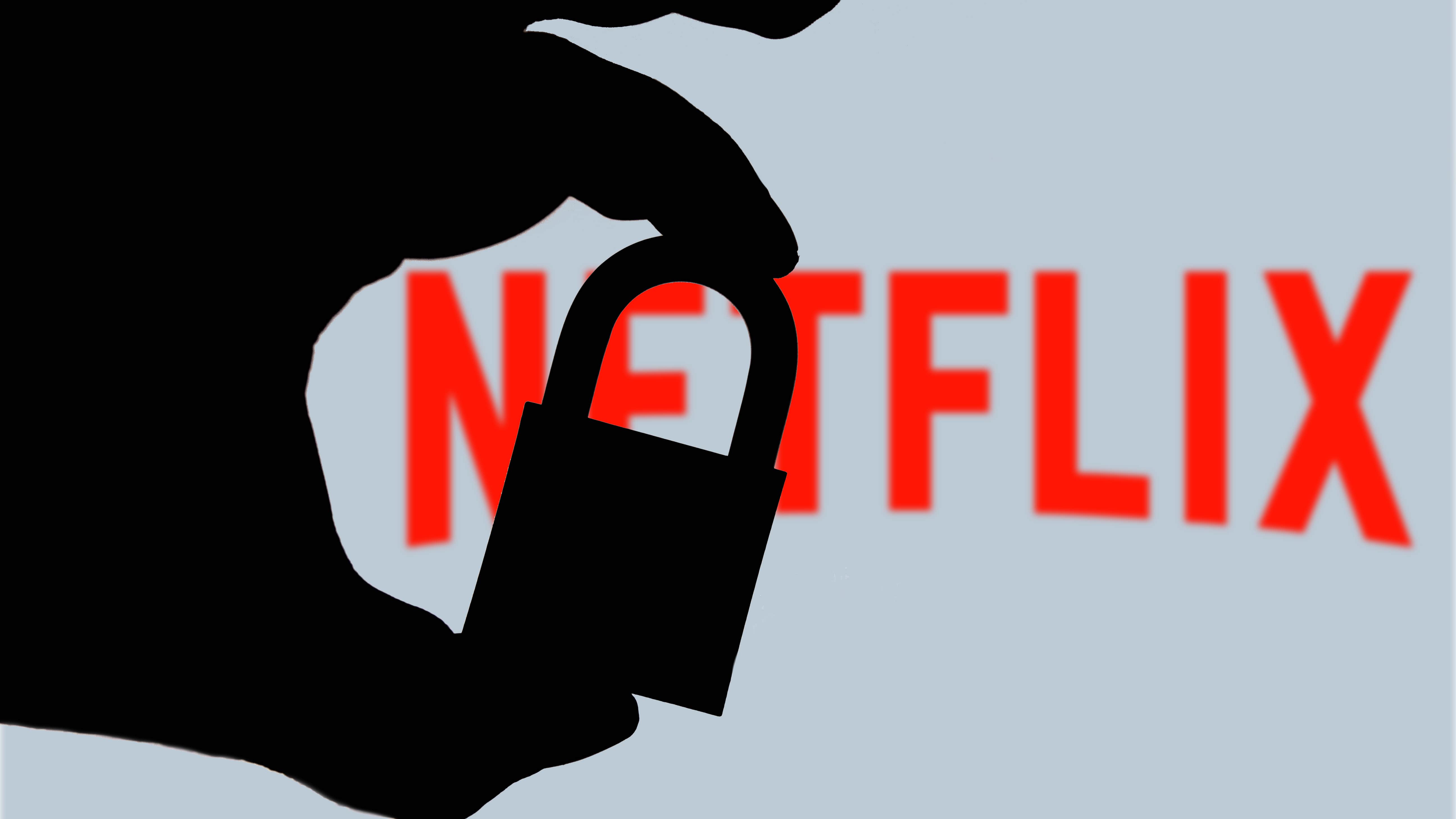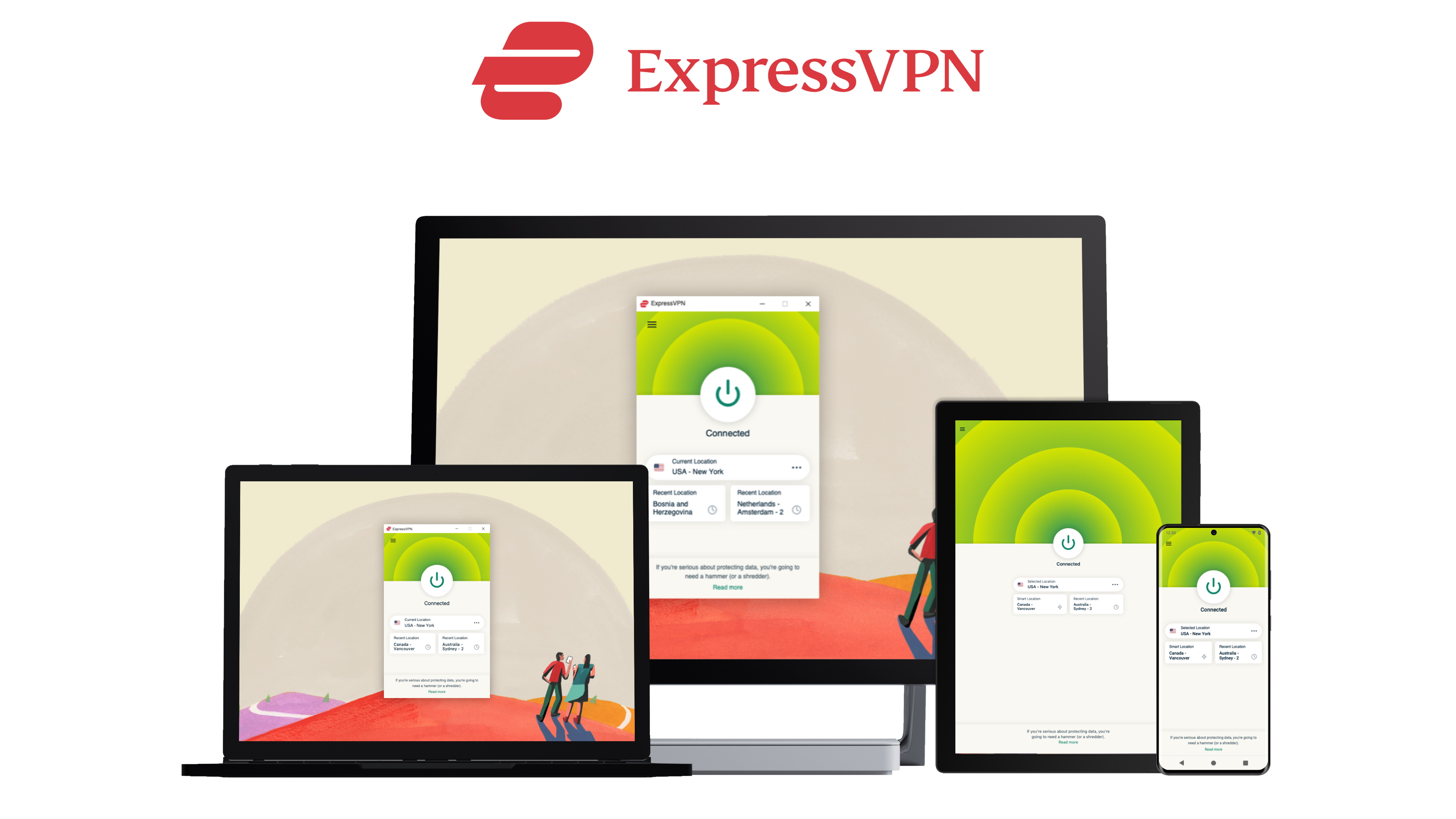Here’s how Netflix will stop you from sharing passwords
What are Netflix's password-sharing rules?

Update: It looks like Netflix has changed its password-sharing rules again. Check out our breakdown of the new Netflix restrictions including how much its paid extra-member password-sharing feature will cost.
We’ve known for some time that the Netflix password sharing crackdown is going to start clamping down on us sharing our account and password with others. But exactly how will Netflix stop users from sharing passwords?
Netflix wants to stop people from sharing their accounts because it feels that it's weakening its position as one of the best streaming services. According to the company, password sharing "undermines [its] long-term ability to invest in and improve" its content and platform; as it sees things, all the people that are borrowing someone else’s Netflix password, rather than paying for the service themselves, are hampering the production of some of the best Netflix shows.
However, the change is not popular, with subscribers in parts of Latin and South America hating the new paid password-sharing scheme that was trialed last year. On top of that, it’s not been entirely clear when password sharing is and isn’t okay, nor how Netflix will prevent it, given how the likes of password generators and the wealth of password managers out there - from free password managers to business password managers - make it easier than ever to use and store passwords.
We’re here to explain everything we know about how the policy will work but note that the rules below might change soon. Netflix recently accidentally changed the password-sharing rules on its FAQ (before swiftly reversing them again), so while the info below is currently correct we could see the rules change in the not-too-distant future.
Who can you share your Netflix password with?
First things first, even after Netflix clamps down on password sharing, it will still be okay to share your password and account with some people at no additional charge.

According to Netflix itself on its official FAQ, if several users want to share an account for free they need to be part of the same Household – this means they need to be a group of people that are living together at the same property. So if you’re using your parent’s Netflix and you’re living at home with them then you’re golden, but if you’re instead borrowing the account of an Uncle or Aunt that lives somewhere else in the world then Netflix will likely catch on, and put an end to your freeloading.
If Netflix does stop you from being able to share the account then you’ll have two options: either pay for the service yourself or pay an additional fee – which during the South American trials cost around $2.99 / £2.50 / AU$4 – to add your extra Household to the existing account. Though based on the new figures in Canada, New Zealand, Spain, and Portugal Netflix password sharing could be pricier than first thought.
Get daily insight, inspiration and deals in your inbox
Sign up for breaking news, reviews, opinion, top tech deals, and more.
How does Netflix know who is in a Household?
According to Netflix’s official FAQ, it will use information such as “IP addresses, device IDs, and account activity from devices signed into the Netflix account” to determine if people are part of a Household or not. So if the same few devices are being used from the same IP address (read: location) then it’ll know these are part of a Household, but if a new device is trying to log on from somewhere different then Netflix may not let it (at least without them paying a fee).

Though if Netflix suspects something fishy is going on it shouldn’t lock you out right away; instead, it’ll ask you to verify your device before you can access its content library. To do this Netflix will send a code to the account’s primary email address or phone number that you’ll need to enter on the device that’s trying to connect within 15 minutes of sending the request.
Netflix also says that while taking a short trip away on holiday shouldn’t stop someone in your Household from logging into Netflix, it may ask you to re-verify a device “occasionally” if it’s being used from the new location for “an extended period of time.”
If a device is determined by Netflix to not be a legitimate member of a Household then Netflix will most likely stop you from being able to share your password with it until the additional fee is paid – or you'll need to contact its customer service team if the streamer has made a mistake.
Will Netflix’s rule change stop me from using a VPN?
Over the past few years the best VPNs – or virtual private networks – have skyrocketed in popularity as they allow users to watch content that’s not available on their region’s version of Netflix by making it seem like they’re accessing the service from somewhere else.
When you access a website or online service while your VPN is active, your connection doesn’t head straight to the destination; instead, it first takes a detour through the VPN provider’s encrypted servers. When it does, the VPN is able to disguise your device’s real information (including its IP address) and use the server’s info instead – keeping your data private.

However, if Netflix wants to use a device’s info and IP address to verify if users are in a Household or not, it might not want them using tools that obscure this data. By using a VPN people that are not actually living together may be able to all connect to the same server and look like they are.
Currently, Netflix says that “you can use a VPN with Netflix on the Basic, Standard, or Premium plans” but there’s no telling if its stance will change if using a VPN does allow users to skirt around its new password-sharing policy. Potentially it’ll just ask VPN users to verify their device every time they access Netflix, but it could take a much more hardline stance against VPN use. We’ll have to wait and see.
If you're planning to leave Netflix when password-sharing restrictions are brought in then here are the best Netflix movies you need to watch before you unsubscribe. And if you're thinking about joining one of its rivals then here are the best Disney Plus shows, and the best Prime Video movies that you might want to check out.

Hamish is a Senior Staff Writer for TechRadar and you’ll see his name appearing on articles across nearly every topic on the site from smart home deals to speaker reviews to graphics card news and everything in between. He uses his broad range of knowledge to help explain the latest gadgets and if they’re a must-buy or a fad fueled by hype. Though his specialty is writing about everything going on in the world of virtual reality and augmented reality.